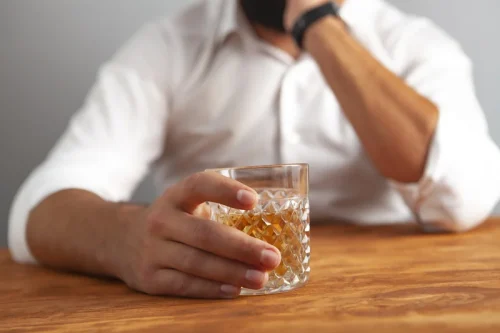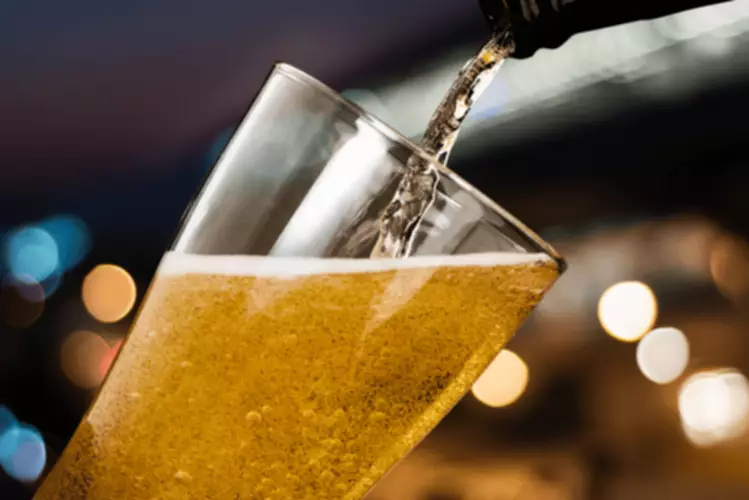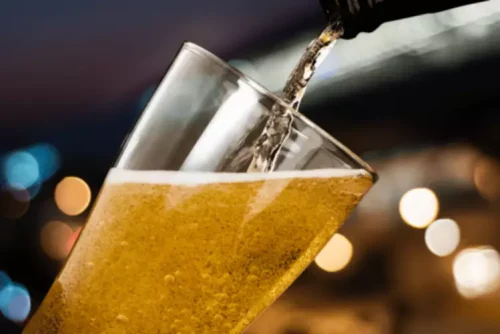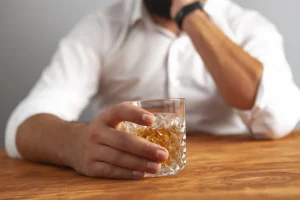
It is important to remember that remaining in recovery, however, is a life-long responsibility that requires a great deal of patience and focus. One of the most difficult challenges that many people face during recovery includes experiencing cravings for alcohol. Learning how to deal with these cravings is critical, as they can seemingly come out of nowhere and be triggered by factors as simple as being hungry, tired, or lonely. It’s common to experience difficulty when making big changes, but good self-care practices can help you manage overwhelming feelings and take how to stop alcohol cravings care of your mind and body. Becoming more aware of your alcohol triggers and reasons for drinking can help you plan ways to help manage the urge to drink.
Tell family members and friends you want to get healthier.

If you’re a long-term, heavy drinker, you may need medically supervised detoxification. Detox can be done on an outpatient basis or in a hospital or alcohol treatment facility, where you may be prescribed medication to prevent medical complications and relieve withdrawal symptoms. Talk to your doctor or an addiction specialist to learn more. If you struggle with cravings for alcohol, it’s essential to reach out for support.

What Should I Do If I Feel Overwhelmed?

You might also experience other difficult or unpleasant symptoms alongside your cravings. These can include anxiety, sleep problems, irritability, low energy and poor appetite. You can control alcohol cravings and urges by employing tactics like distaction, stress management and avoiding triggers. If your cravings have to do with withdrawal, they’ll usually be gone in four to five days. That said, it’s possible that the urge to drink will stick around for the long haul.

Alcohol Cravings in Recovery: How Long Do They Last?
From there, you may need social support, consistent self-care, and new routines Substance abuse that can help redirect your mind. When you have alcohol cravings, there is usually some form of trigger. In some cases, it may be because you believe alcohol will bring you some relief.
- Coping tips can absolutely offer short-term solutions when you’re trying to cut back on alcohol.
- The National Institute on Drug Abuse (NIDA) suggests that 40% to 60% of people with substance use disorders experience a relapse at some point.
- Click here to learn more about medication-assisted treatment (MAT).
- Suboxone should not be taken by individuals who have been shown to be hypersensitive to buprenorphine or naloxone as serious adverse reactions, including anaphylactic shock, have been reported.
- They trigger an endorphin release similar to the one that alcohol stimulates, making them an effective substitute.
- For decades, I’ve studied the science of addiction, relapse, and behavior change through my doctoral work at UCLA, my own treatment center, my work with clients, and my books.
- Having a long-term plan for managing alcohol cravings can help prevent and overcome them when they do occur.
- In the first couple of weeks, the early-stage cravings can be caused directly by your body adjusting to life without alcohol.
From exciting salads and protein-packed main dishes to healthy snacks, there’s no limit to the ways you can incorporate these foods into your diet. If you identify with any of the scenarios above, try the expert tips below for reducing your alcohol =https://ecosoberhouse.com/ consumption (or even eliminating it altogether). To determine whether—and where—you fall in the alcohol use disorder (AUD) spectrum, answer the following questions. Think about these ebbs and flows as though they were waves in the ocean. The urge loses its grip on you when you realize it won’t last forever.
Focus on quality time with friends and family who uplift you. This can be as simple as a shared meal, a walk, or playing games together. This could include decorating your home, baking treats, or watching holiday movies. Recovery is not a solo journey; having a support system is especially crucial during the holidays. Many of the clients I’ve worked with hope to fix the problem on their own, and only reveal their struggles once they’ve overcome them.


Leave a Reply